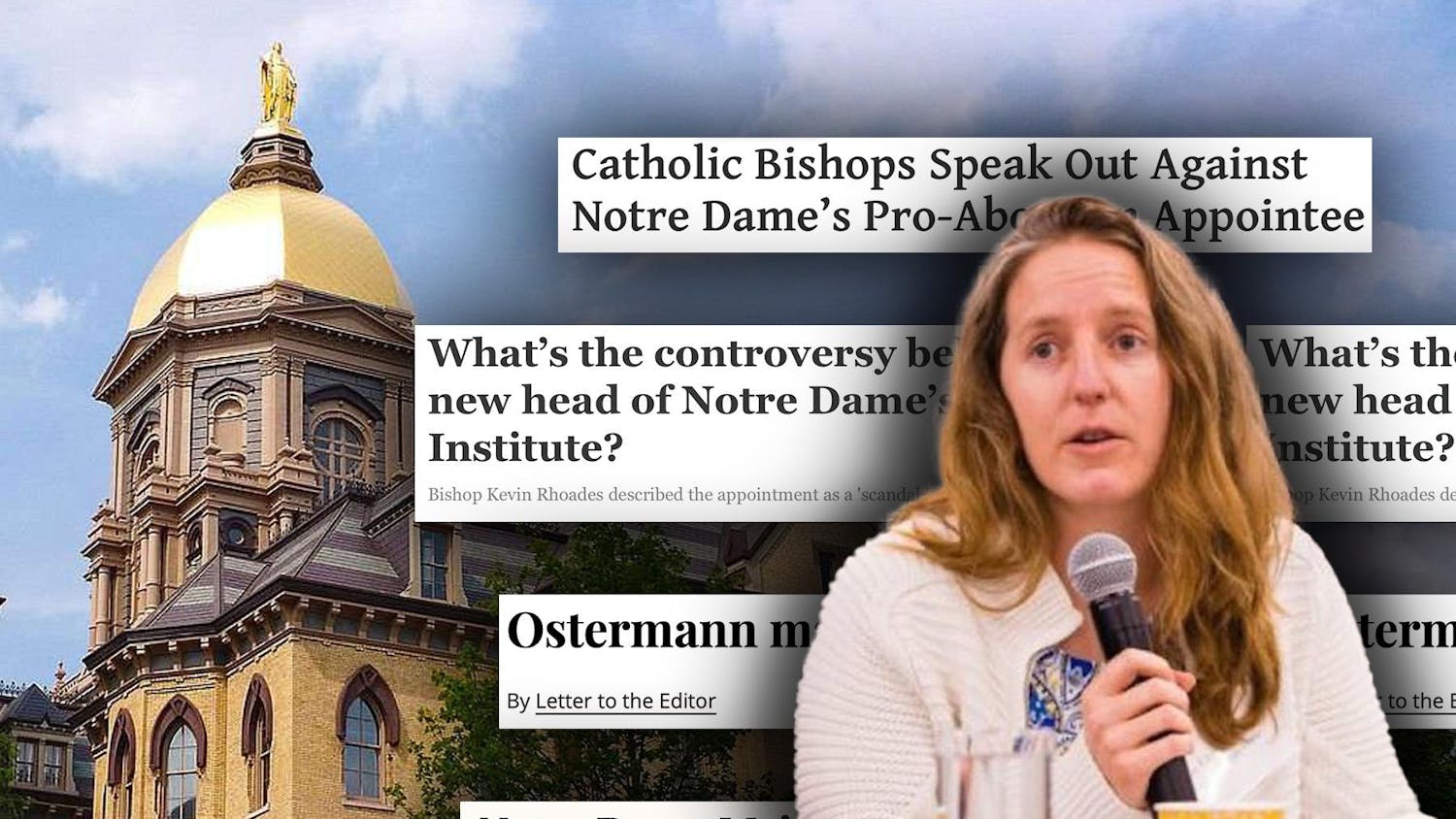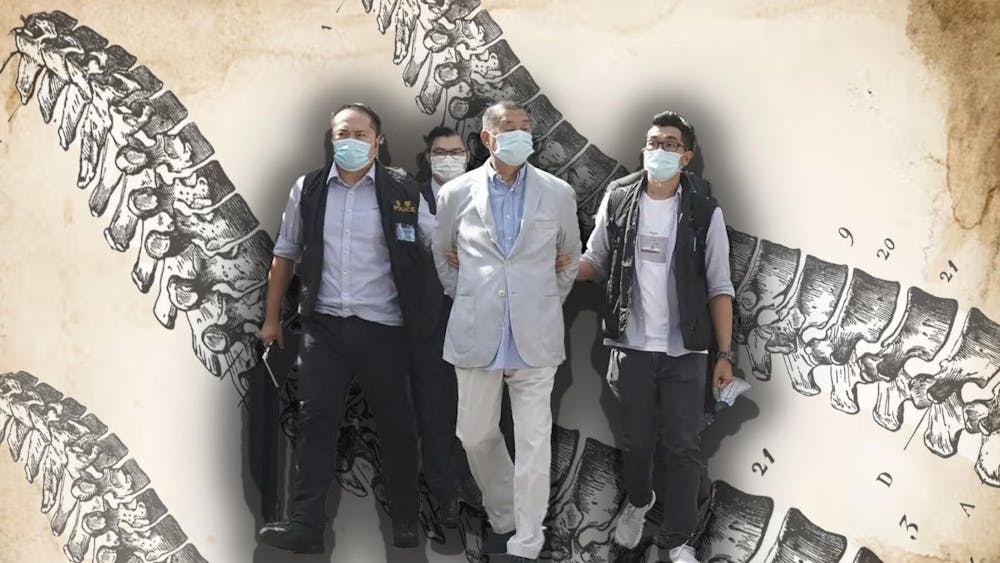In yesterday’s Tocqueville lecture, Archbishop Chaput spoke of the implications of religious liberty for the Church’s teachings on marriage and family. Putting aside the complicated question of religious liberty in America, I would pose a different question: Why does the Catholic Church choose to defend a limited interpretation of its teachings on marriage? The teachings contain an important message about the intertwining of self and other that occurs in marriage, but in considering marriage closed to same-sex relationships, the Church loses sight of this core message about marriage. There is a Catholic case to be made for same-sex marriage.
In a 2011 interview with the National Catholic Reporter, Archbishop Chaput laid out the Catholic Church’s teaching on marriage, as well as its opposition to same sex marriage. He defines marriage as “the faithful love of a man and a woman for each other, permanent, and for the sake of children … The Church does believe that human sexuality has a meaning in itself, that it's about love and procreation … So a relationship between two people of the same sex is not in line with the teachings of the church and the teachings of the Gospel.”
As Archbishop Chaput indicated in his interview, the Church views marriage as both “unitive” and “procreative.” According to the Pontifical Council for the Family, these two characteristics can be understood respectively as “reciprocal self-giving” and “transmission of life.” The Church’s case rests on proving that same-sex couples are incapable of achieving these things.
I hope I’m not the only one to take offense to the idea that lesbian, gay or bisexual individuals are incapable of self-giving love. But don’t take my word for it — look to the example of the LGBTQ people who spoke up about the AIDS crisis, and ministered to those in suffering. Or to those who have spent late nights and countless hours helping students who are coming out to themselves for the first time, trying to overcome years of harmful messages. Self-giving love is something that one develops, and there is nothing in the lives of LGBTQ people that prevents them from doing so — but there is plenty to promote it.
In fact, the Catholic Church would also take offense to denying that lesbian, gay or bisexual people are capable of self-giving love. Many of its teachings encourage them to develop friendships full of this love. It does, however, believe that this love of theirs cannot be expressed through their sexuality.
It is here that we come to the supposedly irrefutable truth of Catholic teaching. Without a male and a female, you cannot make a baby. Without biology, you cannot be procreative. Case closed. However, an observer might notice that the Catholic Church officiates over marriages that do not meet this strict test. We allow the marriage of infertile couples, and we marry those whose child-producing capacity has long passed. We do this because we innately recognize that procreation does not only mean “making babies.”
To use the Pontifical Council’s framing, procreation means that out of a relationship, one creates new life. However, new life is not only the joining of a sperm and an egg but is created in the remainder of the act of raising a child, or in a mentoring relationship that leads a first generation student to college. It is in the care of creation that sustains our planet for the next generation, or in the care of a friend experiencing a renewal of life after a traumatic incident.
When the Catholic Church talks about procreation, it is speaking of the chance humans have to participate in God’s creation. It is the messy and imperfect earthly reflection of an ideal creator. The Catholic Church solemnizes and blesses the relationship of marriage because it helps cultivate the strength needed to carry out these actions. The concept of procreation is limited if it disregards the many other ways in which humanity participates in creation. The sacrament of marriage exists to solemnize a relationship that is expressly committed to the full range of procreation. It would be a shame to continue to argue that the ability to participate in creation is contingent upon the physical ability to make a baby.
I am not a theologian; I am simply a gay man who finds it strange that the Church cannot see the self-giving love and transmission of life in same-sex relationships that many of my friends, family and peers already have. Perhaps the heart of the teachings of the Church will one day shine through the centuries of homophobia laid on top of them. Until then, those of us who find ourselves at the intersection of faith and sexuality can simply pray and live our lives the way God created us, regardless of whether God’s Church recognizes it.
Bryan Ricketts
senior
Sept. 15
A Catholic case for same-sex marriage
The views expressed in this column are those of the author and not necessarily those of The Observer.









